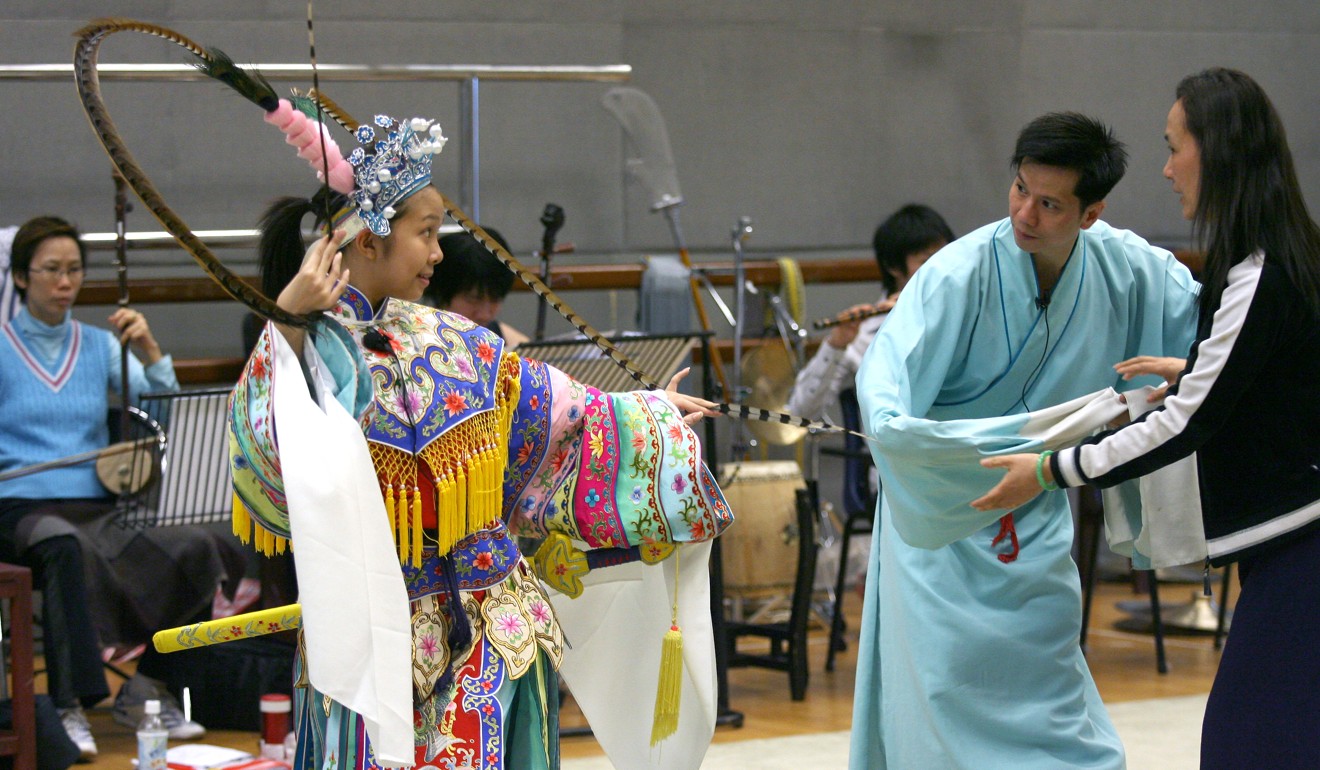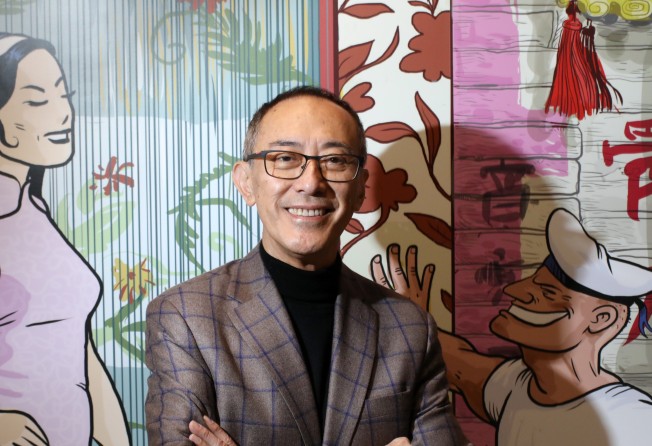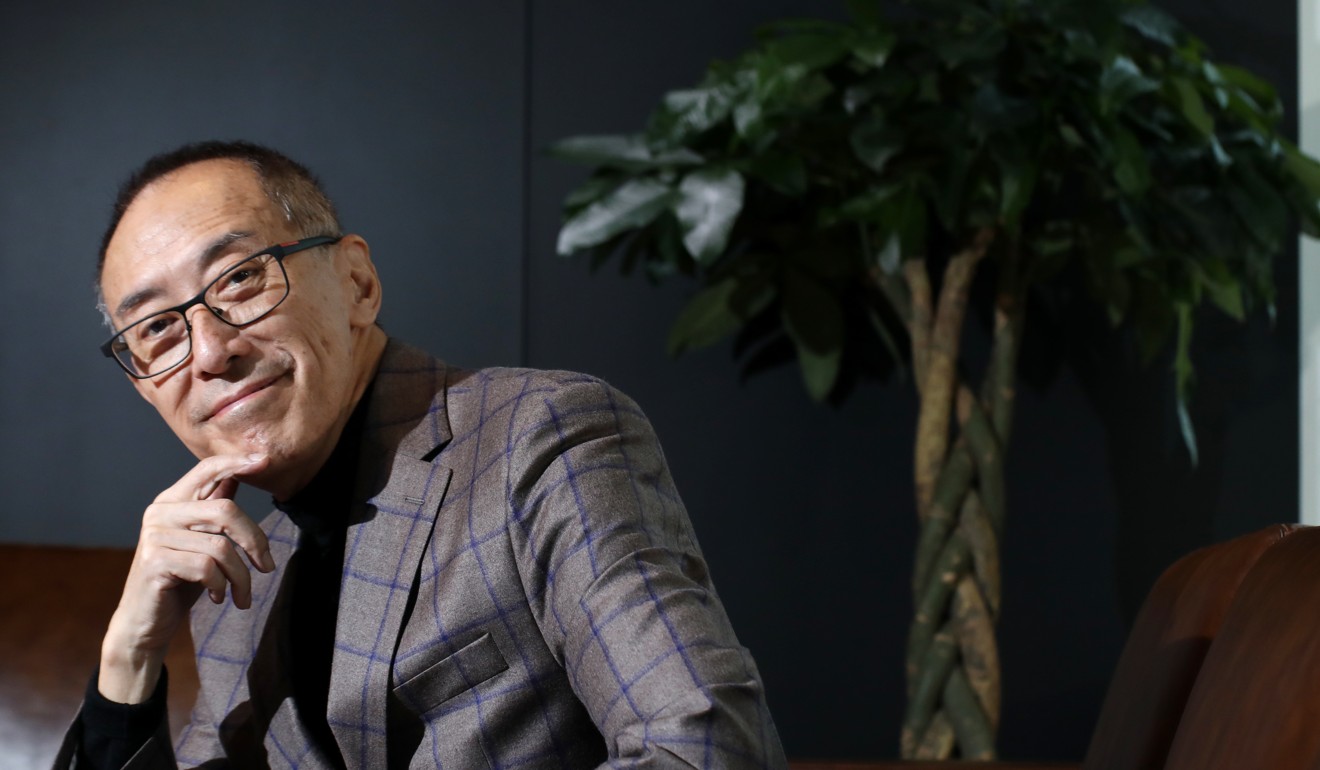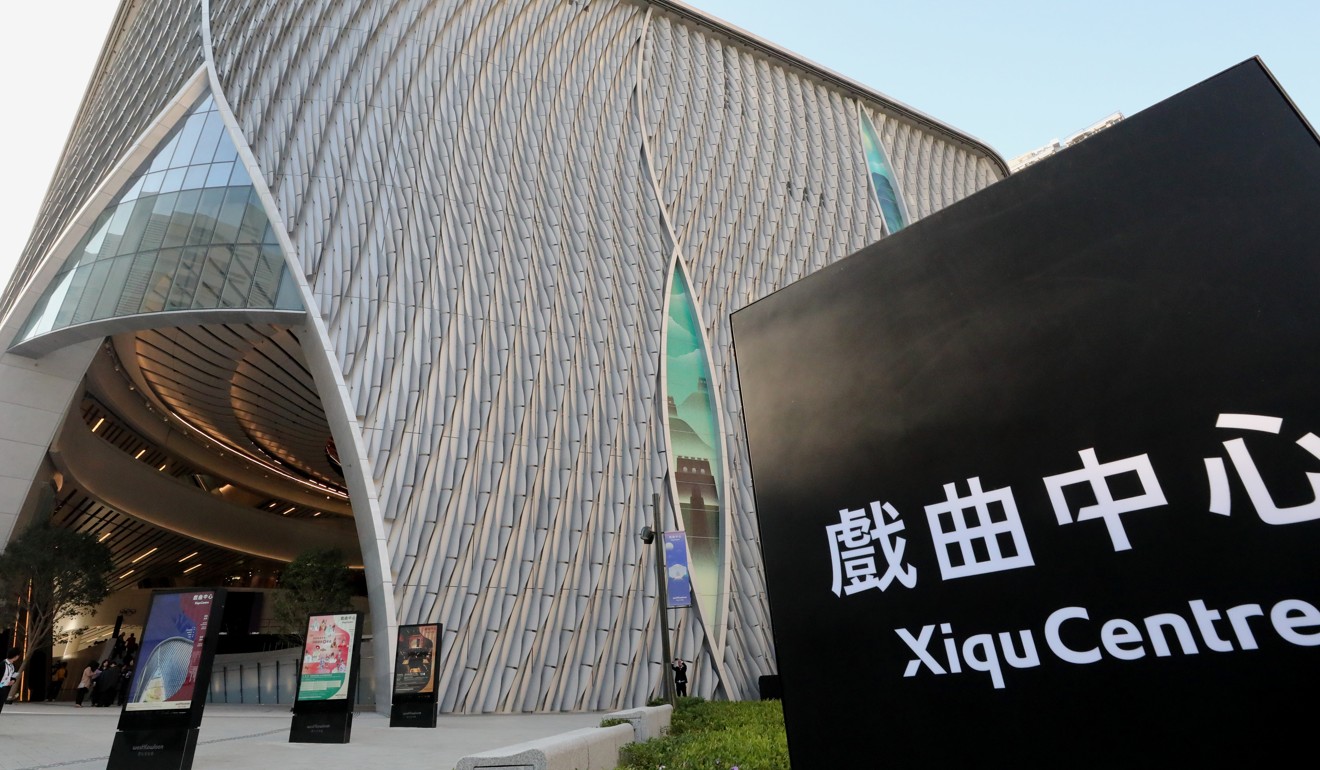
Hong Kong theatre veteran Fredric Mao brings back Cantonese opera to the masses, and was behind a show so nice they ran it twice
- Stage legend, 72, is on mission to modernise heritage art form and inject new blood into dying genre
- His piece at last year’s Hong Kong Arts Festival will feature in this year’s instalment – the first time a show at event is repeated in consecutive years

Award-winning theatre veteran Fredric Mao Chun-fai has spent more than four decades in drama, studying the subject and passing on his knowledge to budding young artists.
And, the 72-year-old maestro shows no sign of slowing down with his new mission: to rejuvenate Hong Kong’s Cantonese opera scene.
The art, a form of xiqu, used to be Hong Kong’s most popular form of entertainment before film and television took over from the 1950s and 1960s.
While most Cantonese opera plots told intriguing tales of love, honour and warfare in ancient China, the genre has been struggling to lure young audiences and performers in recent decades.

This was partly because traditional opera performances lasted three to four hours, each filled with artistic repetitions. Some plot lines were also regarded by modern audiences as illogical.
Mao launched his mission when Hong Kong Arts Festival organisers approached him in 2017 and asked if he wanted to take charge of new work at 2018’s instalment of the event.
While peers had expected him to direct a drama, Mao decided to adapt and direct Pavilion of a Hundred Flowers, a Cantonese opera classic originally written in 1958 by the legendary playwright Tong Tik-sang.
It tells the love story of a spy in ancient China caught between loyalty to the emperor and his love for an enemy’s daughter.

Mao said in adapting the work, modern elements were introduced in areas ranging from pre-show preparations to costume design.
“In Hong Kong, Cantonese opera shows did not have directors or formal rehearsals. Actors usually just performed with what they learned and prepared,” Mao said. “But since I adapted the script and the music, we needed rehearsals and a director to give them an overall direction.”
The script was also trimmed to just 2½ hours – almost half of its original length – to avoid repetition. Hairstyles and even the ending of the performance were given new twists to steer clear of ill logic or any sense of being old-fashioned, he added.
“The response was good. A lot of young theatregoers at last year’s [performances] were not fans of Cantonese opera,” Mao said. “They used to find the genre incomprehensible, long and noisy ... but they appreciated the adaptation because its storytelling and designs gave them the feeling of a drama performance.”
Young theatregoers used to find the genre incomprehensible, long and noisy ... but they appreciated the adaptation
Because of its popularity, the show got a rare reboot, slated for this week, at this year’s festival, he said. Mao added that it was the first time the festival had featured the same show in two consecutive years.
On top of this, his adaptation will be staged in Shenzhen in late March, as well as in Shanghai and Guangzhou in November.
Mao said he hoped the mainland performances would show that Hong Kong was not just a financial hub but also a cultural one.
“We are not just following policy and going to [mainland cities under the] ‘Greater Bay Area’, but we are taking the lead and creating something new,” he added. He was referring to Beijing’s plan to forge economic and cultural integration between Hong Kong, Macau and nine mainland cities.
Mao said he felt the need to reform Cantonese opera because he spent decades in Western theatre.
He was appointed artistic director of the Napa Valley Theatre Company in California when he was 27, after moving to Hong Kong at 10 from Shanghai, the city of his birth.
He made his Broadway debut as an actor in the musical Pacific Overtures by renowned Broadway director Harold Prince.
In 1985, with the Hong Kong Academy for Performing Arts newly founded, Mao decided to return. He joined the academy’s School of Drama as its head of acting.
Yet, while recognised as one of Hong Kong’s best theatre talents, his passion for Cantonese opera never waned.

From 2014 to 2016, Mao was also the founding chair of the academy’s School of Chinese Opera, and created its first degree programme on the subject.
Last month, as Chief Executive Carrie Lam Cheng Yuet-ngor officiated the launch of the Xiqu Centre, the first major venue to open in the West Kowloon Cultural District, she said the facility would help promote Hong Kong as an international arts hub and consolidate the city’s position in the development of Cantonese opera.
But Mao said beyond a flagship venue, Hong Kong would need education to become a leader in the world of xiqu.
“The more good hardware we possess, the more effort we need on developing our soft power,” he said.
“We need to re-educate our young performers and inspire their creative urge ... If Cantonese opera prospers with young audiences appreciating it, we can attract more students.”